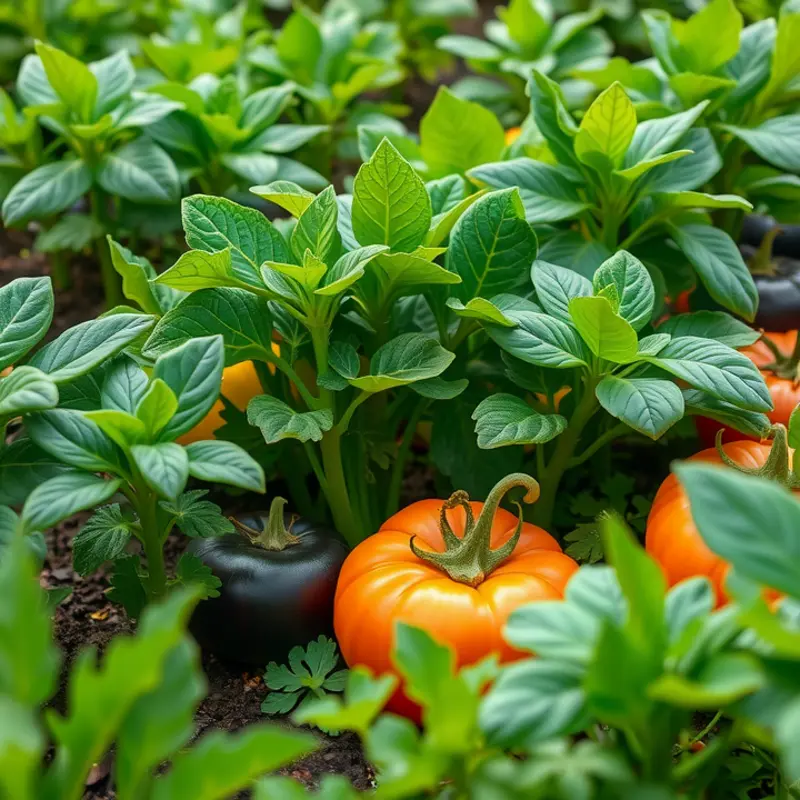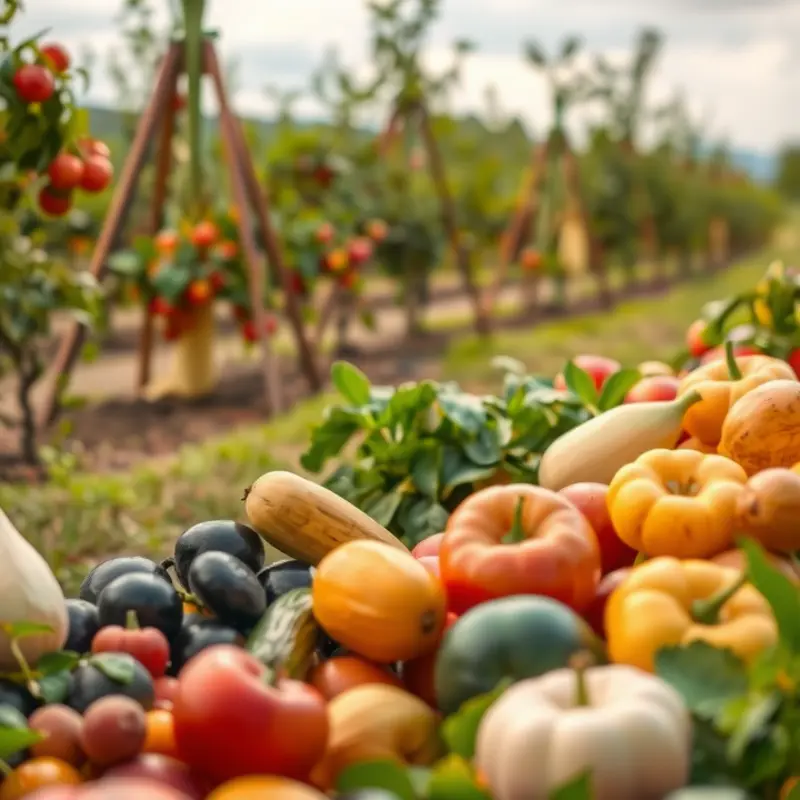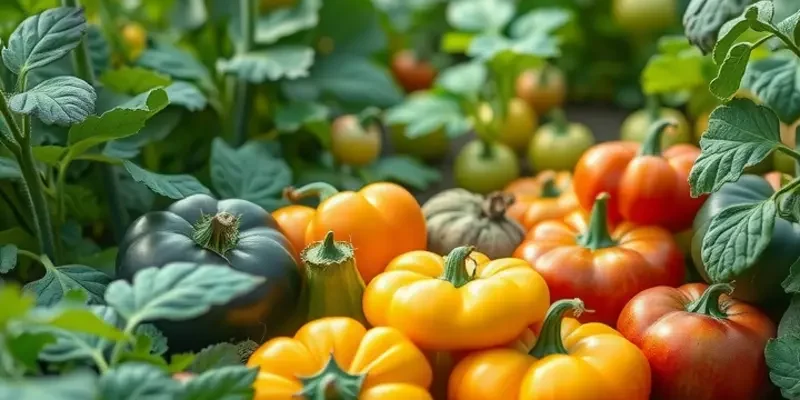The understanding of how cooking affects the nutritional quality of our food can lead to more informed dietary choices. Amid the myriad misconceptions surrounding food preparation, the question of whether cooking destroys proteins is one that often arises. This article dives into the biochemical effects of cooking on proteins, providing clarity on this common myth and equipping readers with reliable information for better nutrition and cooking practices.
Understanding Proteins: Nature’s Building Blocks

Proteins are complex molecules that play critical roles in our bodies, spanning from cell structure to catalyzing metabolic reactions. Their molecular structure, composed of chains of amino acids, forms the foundations of life. Understanding proteins begins with recognizing that each protein comprises different sequences of 20 standard amino acids, which are linked by peptide bonds. These sequences determine a protein’s 3D structure, driving its function.
Amino acids are classified based on the ability of the human body to synthesize them. Essential amino acids must be obtained from our diet as our body cannot produce them. Proteins in our diet break down into amino acids, which the body then uses to repair tissues, produce enzymes, and support immune function. Consuming a variety of protein sources ensures that we obtain all essential amino acids.
Cooking, a critical aspect of food preparation, influences protein configuration. Heat from cooking can cause proteins to undergo a process called denaturation. This alters proteins’ structures by breaking the weak bonds holding their shape. Denatured proteins unravel and become more accessible for digestive enzymes, facilitating digestion and absorption.
While denaturation is a significant transformation, it does not inherently damage protein nutritional value. Unlike certain vitamins that degrade with heat, proteins remain nutritionally viable post-cooking. Cooking also deactivates harmful microbes, increasing food safety.
Denatured proteins maintain their amino acid profiles. However, excessive heat or extended cooking times can lead to the formation of amino acid modifications. While these modifications might affect digestibility, they rarely result in nutritional losses significant enough to affect general health. Cooking methods and conditions, therefore, should be carefully considered to preserve the integrity of proteins, ensuring they continue to support the body’s needs efficiently.
It’s important to remember that cooking isn’t just about making foods safe; it influences flavor and palatability, which enhances dietary satisfaction. If you’re interested in maintaining nutrient integrity, consider exploring cooking techniques that balance flavor and nutrition. For tips on enhancing food without compromising on health, refer to our guide on flavor boosters without salt. This approach not only aligns with health goals but also ensures that dietary proteins retain their vital characteristics, contributing to a well-rounded and satisfying diet.
The Cooking Process: What Happens to Proteins?

Proteins are vital components of our diet, responsible for numerous functions in the body from muscle repair to enzyme activity. However, the cooking process introduces transformative effects on these molecules. Understanding these effects helps in making informed culinary choices to preserve their nutritional integrity.
When proteins are subjected to heat, they undergo a process called denaturation. This involves the uncoiling and rearranging of their complex structures, which fundamentally alters their physical properties. While this may sound negative, denaturation doesn’t degrade proteins to the point of nutritional loss. Instead, it often enhances digestibility, as the body finds it easier to break down denatured proteins.
Boiling is a common method that applies moist heat to food. This method can lead to some nutrient losses, primarily due to leaching into water, especially for water-soluble vitamins. In terms of proteins, boiling causes denaturation without significantly compromising their nutritional value. To mitigate nutrient loss, consider using the boiling water in soups or sauces.
Grilling involves dry heat and is prized for imparting robust flavors and textures to protein-rich foods. The Maillard reaction, a browning process, enhances flavors but can sometimes result in the formation of potentially harmful compounds if overdone. Grilling efficiently denatures proteins while keeping them nutritious. It’s wise to avoid excessive charring, which could introduce unwanted chemicals, thereby enjoying grilled meats healthily.
Frying offers a distinct texture and flavor profile. However, this method can introduce extra fats depending on the oil used, affecting the overall calorie composition of a protein-rich dish. High temperatures can further accelerate denaturation. To keep frying healthier, opt for oils with high smoke points and use moderation in quantity.
Baking, a gentle cooking method with uniform heat, is excellent for preserving protein quality. Proteins are denatured under less intense conditions compared to frying or grilling. Baking doesn’t mask the intrinsic qualities of proteins and utilizes fewer additional fats, making it a healthy cooking option.
The myths suggesting significant protein loss during cooking typically stem from misunderstandings of these chemical changes. In reality, proteins retain most of their nutritional value post-cooking when done correctly. Here are a few tips to maximize protein retention during cooking:
- Avoid overcooking: Excessive heat can degrade not just proteins but other nutrients. Aim for optimal cooking times.
- Utilize cooking liquids: Instead of discarding water used in boiling, use it creatively in other dishes to retain nutrients.
- Moderate charring: When grilling, prevent excessive char by flipping foods frequently and using marinades to reduce charring.
- Select the right oils: For frying, choose oils like avocado or canola to minimize unhealthy compounds.
Cooking is more than protein transformation—it’s about enhancing flavors and textures while preserving nutritional value. Implement practical cooking strategies to ensure you enjoy the best of both taste and health benefits. For more insights on minimizing nutritional waste during cooking, explore low-waste cooking prep.
Final words
Cooking is an essential practice that can enhance not only the taste but also the safety and digestibility of food. While severe heat can denature proteins, rendering them somewhat altered, it does not destroy their nutritional value outright. Cooking can, in fact, make proteins more bioavailable, aiding absorption in the body. Ultimately, understanding how cooking methods interact with proteins allows us to make healthier choices, ensuring we benefit from the essential nutrients these foods offer. Embrace cooking as a means of nourishment rather than a detriment to protein; enjoy a variety of cooking methods to maximize your diet’s healthfulness.








